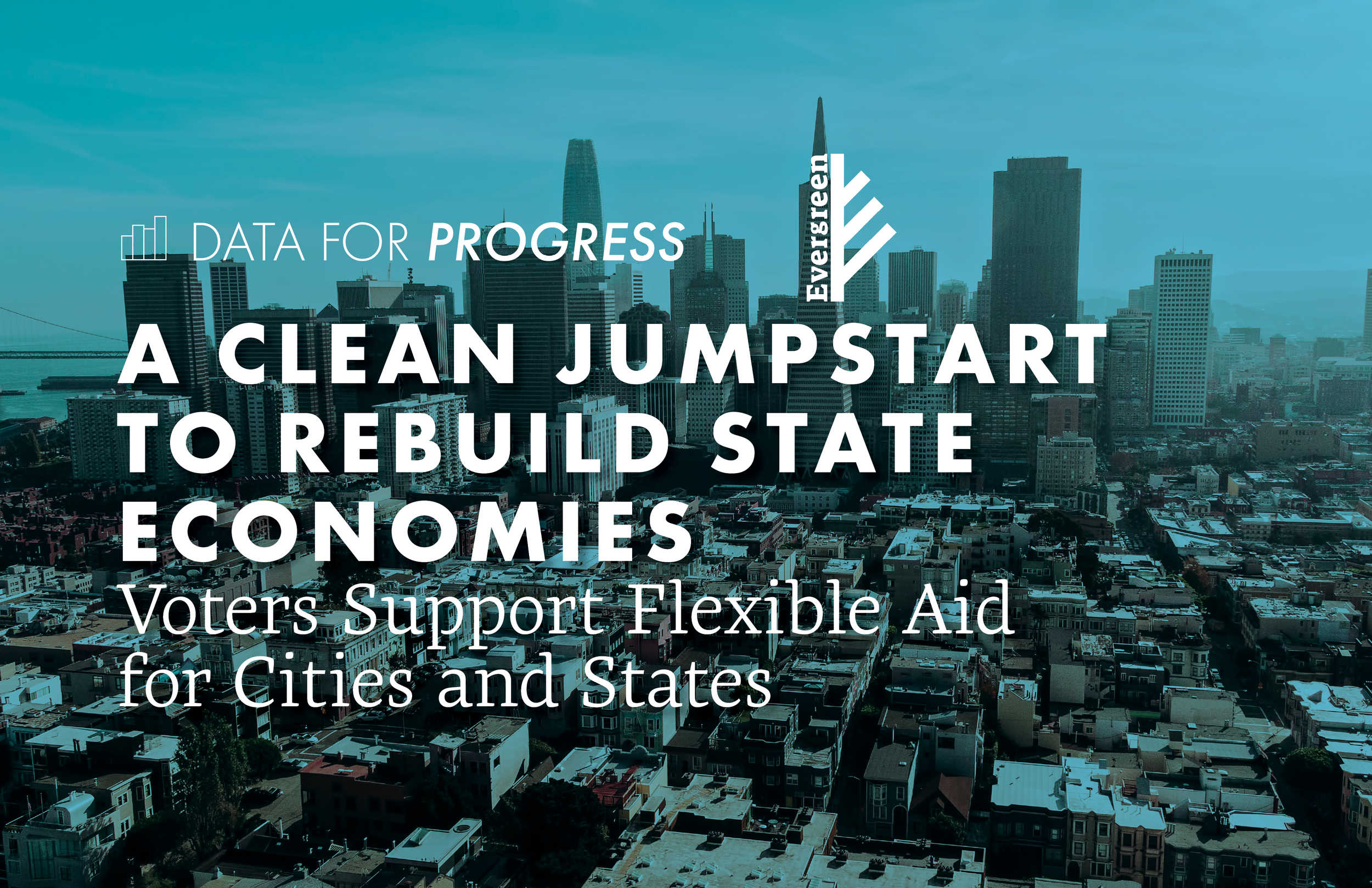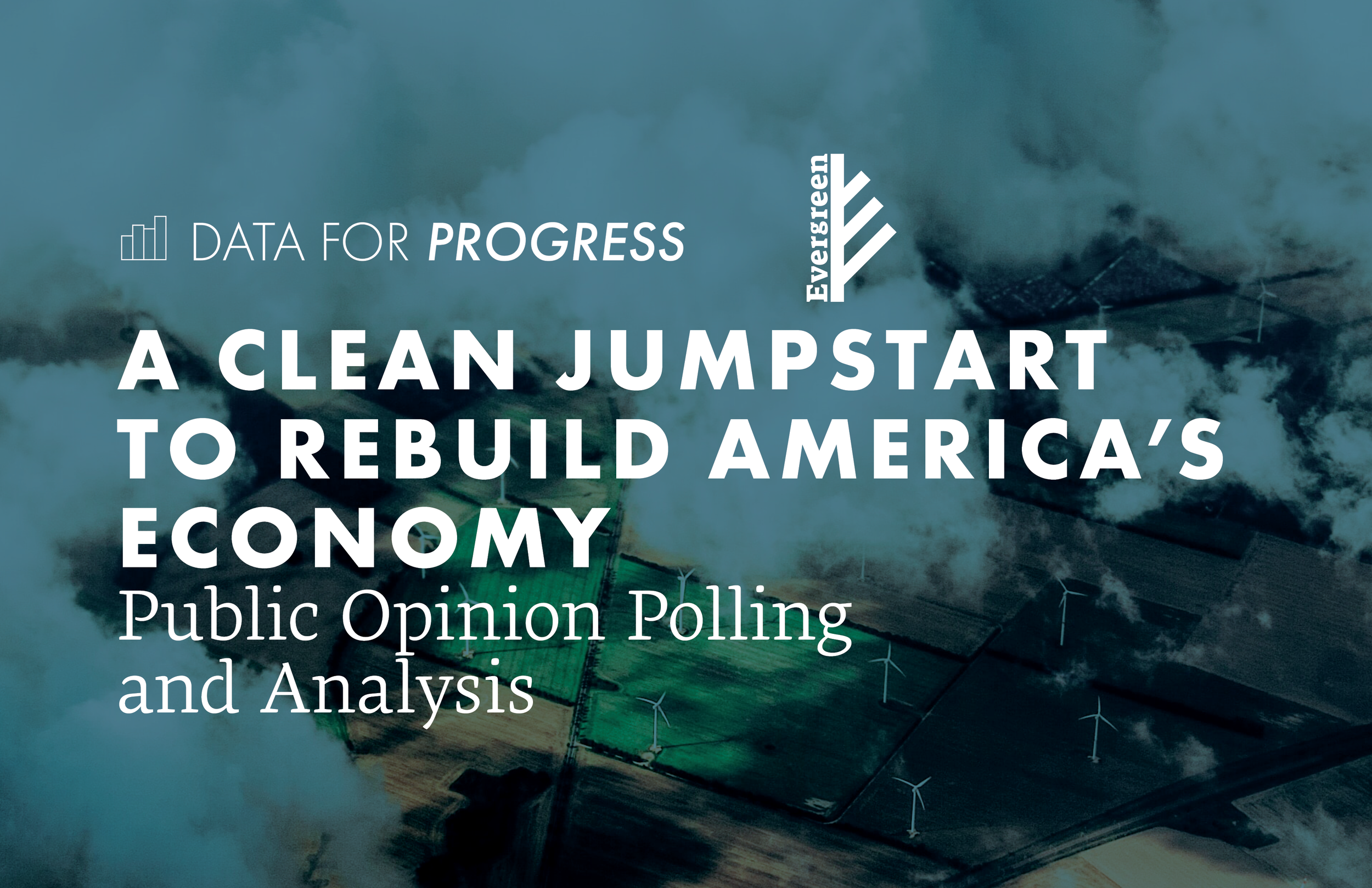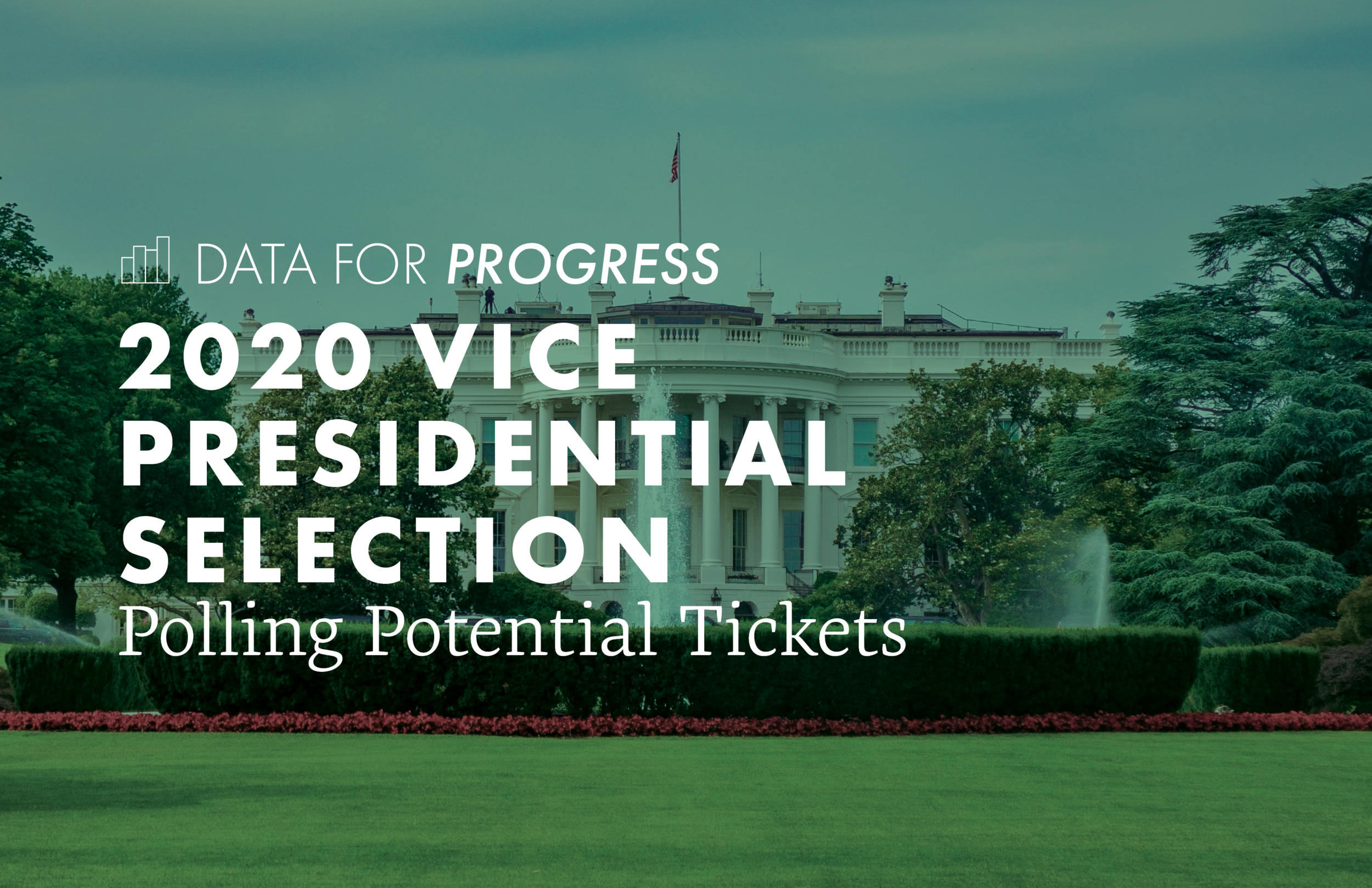States urgently need aid from the federal government so that they can keep essential services running in the midst of this pandemic and continue to invest in long-term goals like fighting climate change.
Read MoreA green stimulus would simultaneously tackle the twin crises of the coronavirus pandemic and climate change.
Read MoreJust last month, the unemployment rate spiked to nearly 15 percent. More stimulus is urgently needed, but congressional Republicans, led by Senate Majority Leader Mitch McConnell, are reluctant to help.
Read MoreThe coronavirus pandemic has led to an unprecedented public health and economic crisis. But it also represents a crisis of worker voice.
Read MoreThe coronavirus pandemic is drastically compounding the challenges of reentry.
Read MoreThe coronavirus pandemic has disproportionately impacted Native American communities in the United States.
Read MoreWe founded Moms 4 Housing on a belief that housing is a human right. And now, it’s proven that the majority of people agree with us.
Read MoreThe economic fallout from the coronavirus pandemic is jeopardizing the bottom lines of the cruise, airline, clean energy and fossil fuel industries, among others. Many companies in these sectors have already received federal funds as part of the recently passed CARES Act, while others are requesting bailouts in future bills.
Read MoreAs Congress debates another round of aid to Americans and businesses, many people are already struggling. The $1,200 checks provided in the CARES act are a positive step, but have failed to meaningfully change the financial situation of Americans who are struggling with an unprecedented financial pinch due to the coronavirus.
Read MoreIn the United States, drug overdoses have already claimed nearly a half million lives since 1999. Now authorities across the country are reporting a surge in overdose deaths as part of the pandemic fallout
Read MoreThe coronavirus pandemic has plunged the economy into recession. Unemployment has spiked and growth has stalled.
In the meantime, nominees Judy Shelton and Chris Waller are being considered for positions on the Federal Reserve’s Board of Governors.
Read MoreThe coronavirus pandemic has also pulled back the curtain on an often unexplored dimension of the U.S. economy and its workforce: the level of unprotection the government affords the millions of people working in the “gig” economy, which includes freelancers, independent contractors, and project-based “platform” workers such as Uber and Lyft drivers.
Read MoreAs a still-spreading pandemic puts a spotlight on the vulnerability of low-wage workers, American voters are rejecting a “return to normal,” and instead demand policy change to reimagine a more fair economy that allows everyone to earn a liveable wage.
Read MoreA Green Marshall Plan can promote sustainable, inclusive development across the world and bridge the infrastructure gap that stymies international economic development. This report offers concrete recommendations for how a new administration can operationalize a Green Marshall Plan.
Read MoreThe first coronavirus relief bill (the Coronavirus Aid, Relief, and Economic Security Act, or CARES Act) was signed into law by President Trump on March 27, 2020, and excluded many immigrants from its delivery of direct payments to taxpayers and free coronavirus testing, among other provisions.
Read MoreCalifornia’s unemployment rate jumped to 5.3% in March—up from 3.9% in February—as a result of nearly 100,000 lost jobs. If urgent action is not taken, the number of people in California experiencing homelessness will only skyrocket.
Read MorePeople detained in rural jails are likely to be there because they cannot afford cash bail. Judges in rural courts often send people to jail for drug possession, in part because there are few diversion programs.
Read MoreThe Democratic primary came to a conclusion when Senator Bernie Sanders withdrew from the contest. The end of the race doesn’t, however, mean the policy divisions that emerged during the race will be immediately resolved.
Read MoreThe coronavirus crisis is intensifying as President Trump and the Republican Party together fail to respond adequately. As unemployment continues to rise, the need for additional economic relief is becoming increasingly clear.
Read MoreThe past month has presented the nation with a crisis, the scope of which is so immense that it has rippled out from the novel coronavirus itself, COVID-19, to create unprecedented effects on our economic system and the way we live our daily lives. At the same time, as the pandemic continues to unfold, our inherent interconnectedness—the shared vulnerability we all have at this moment—is forcing many people to reexamine the ways in which we live our lives and organize our society.
Read More



















